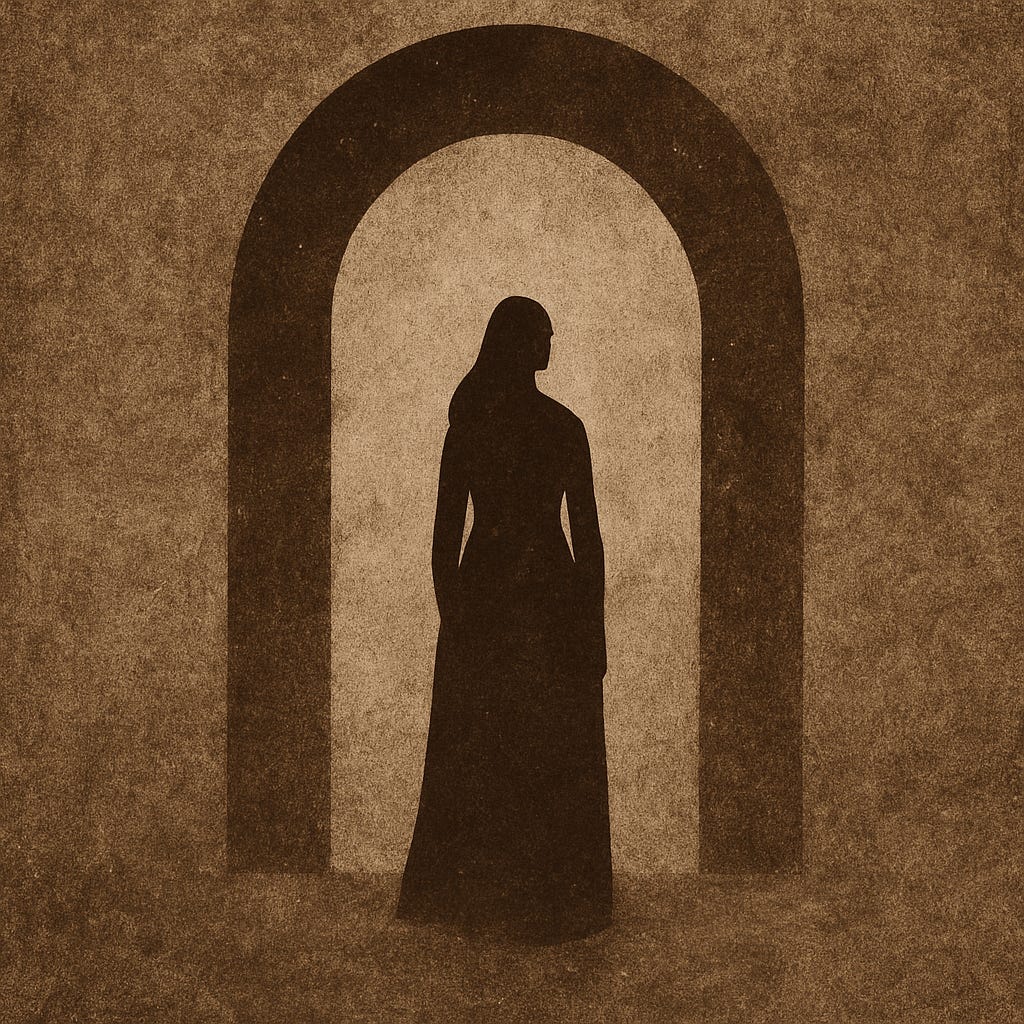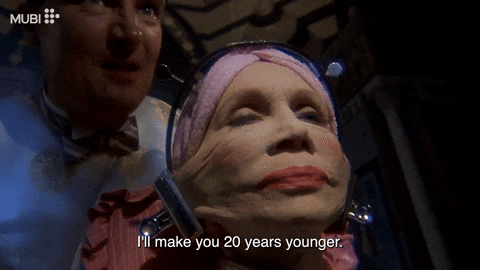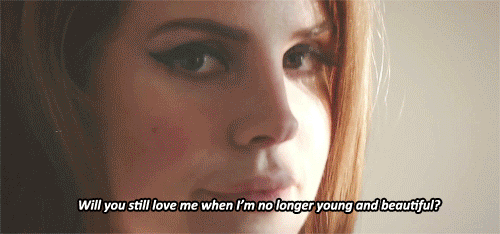Let Yourself Age
Grieving youth, honoring thresholds, and discovering the radiance that endures across a lifetime.
Who am I to speak? At nearly 37 years old, I’ve hardly scratched the surface of the aging process. Yet this age marks the threshold where aging starts to become a true felt reality.
The cultural cues are relentless: 37 is often scripted as “old,” past her prime, in film and television. The body begins to signal changes: shifts in skin, hair, and metabolism. Fertility, that unspoken measure of a woman’s worth in many societies, narrows toward its closing window. In these years, the truth arrives with a force that can’t be ignored: we are not exempt from time.
And this is precisely the moment where women often begin scrambling. We resist aging as though resistance itself could turn back the tide. We cling to youth with the same exertion as one trying to keep roses blooming beyond their season.
So we inject, nip, tuck, smooth, and reshape. We fill our calendars with skin treatments, we obsess over mirrors, we invest thousands in procedures, all to evade the cultural sentence that to age is to fade.
And on some level, we are not imagining things. Older women often say they became invisible past a certain age. Our culture is obsessed with youth, and the messaging comes both overt and covert: a woman’s value is tied to her desirability, and desirability is tied to looking young. And we submit to this messaging, hook, line, and sinker.
Even in spiritual spaces, I see women teaching the “mysteries of the feminine” with foreheads frozen by botox. It is not the procedures themselves that are the issue, but the irony reveals something deeper: how can we speak of the feminine as a force of mystery and transformation while denying that very transformation in ourselves? Aging, change, decay, death… these are not detours from the feminine. They are her essence.
To understand this more clearly, we must also look at men. The fact is, men are drawn to younger women. This is not merely cultural conditioning (we can save that for another conversation), but biological architecture. For most of human history, average life expectancy at birth hovered around 25–35 years. Infant and child mortality was staggering. To ensure survival, humans needed to reproduce early in a woman’s fertile life. Evolution wired men to find youth and fertility compelling.
This doesn’t excuse behavior, nor does it dictate destiny. Biology is not the same as fate. But it does mean that shaming men for this impulse is a denial of reality. The task isn’t to demand that men erase thousands of years of evolution in a century. The task is to help men work with these instincts, transmute them into deeper consciousness, and cultivate attraction that both includes and transcends biology.
Most men won’t do this work. They’ll remain ruled by the animal drives, and that’s their prerogative. The greater danger, though, is that even so-called conscious women distort themselves to fit into these drives. We stretch, cut, inject, and contort to remain desirable, long after biology requires it. We tell ourselves we are “evolved,” but the deeper truth is that we are still enslaved to the need to be chosen.
But there is another way. It’s one thing to cling to a polished, surface level version of youth that exists to please male biology. It’s another thing entirely to tend to our vitality, to feel luminous, alive, and at home in our bodies as a natural expression of devotion to life itself. The paradox is that when we root ourselves there, we often become even more magnetic—not to the kind of man who is only following his biology, but to the kind of man who can feel the freedom of love within us and is drawn to the power we are living from.
And this is where our initiation lies.
It is our work as women to allow men their primal desires without shrinking ourselves to fit them. To let ourselves age. To walk willingly into the thresholds our bodies demand and be shaped by them, instead of fighting them. This is where the feminine deepens her initiation. Not in the preservation of youth, but in the surrender to change, where a new kind of nectar is revealed: freedom from needing to be chosen.
And the beautiful thing is, when we allow ourselves to age and drink in the nectar available there, we also initiate men. We invite them beyond the reflex of biology into the depths of what is enduring. We show them that there is more to value in a woman than her youthful glow. That her power, her eroticism, her wisdom are not lost with age but transfigured by it. In this way, our initiation becomes theirs.
When women resist the realities of aging, when we cling to youth through synthetic interventions, it isn’t the scalpel or syringe that robs us of depth—it’s the refusal to enter the initiation that aging offers. The scramble itself consumes our attention.
That scramble confines our relationship with the feminine to a narrow, idealized form, one that elevates maidenhood as the pinnacle of feminine worth while dismissing the later seasons of her power. But the feminine is not static beauty. She is a living force, shapeshifting across a lifetime: maiden, mother, priestess, crone.
Each carries her own magnetism, her own erotic and spiritual authority. To turn away from the later faces is to refuse the transformation they offer: the gift of discovering that our worth is not tied to youth, fertility, or male desire, but to the radiance that lives deeper than appearance.
And yes, there is grief in aging. To lose youth is to lose something precious. Grieving it is important. But grief, rightly met, becomes a threshold. If women were given true rites of passage to honor these thresholds, we might celebrate youth without clinging to it. We might bless younger women in their beauty, instead of resenting them for attracting attention.
We would no longer equate aging with vanishing, but with deepening. We would be ushered into a freedom untethered from being chosen, guided back to the truth that does not age: the primordial power beneath all form, the love that remains when every season of the body has passed.
From this place, we live differently. We love differently. And from this place, the right man can meet you, at any age.






Thank you for speaking on this! I loved hearing your perspective!! I’m not sure if you have any interest in talking about pornography (especially daily, unconscious consumption), but I would love to hear your perspective on that!
such a juicy deep topic -- thank you for sharing your words of wisdom and inquiry -- im here for it!